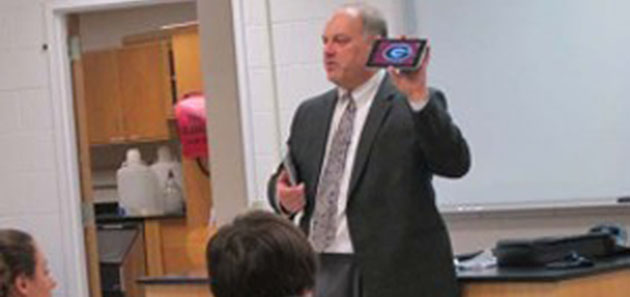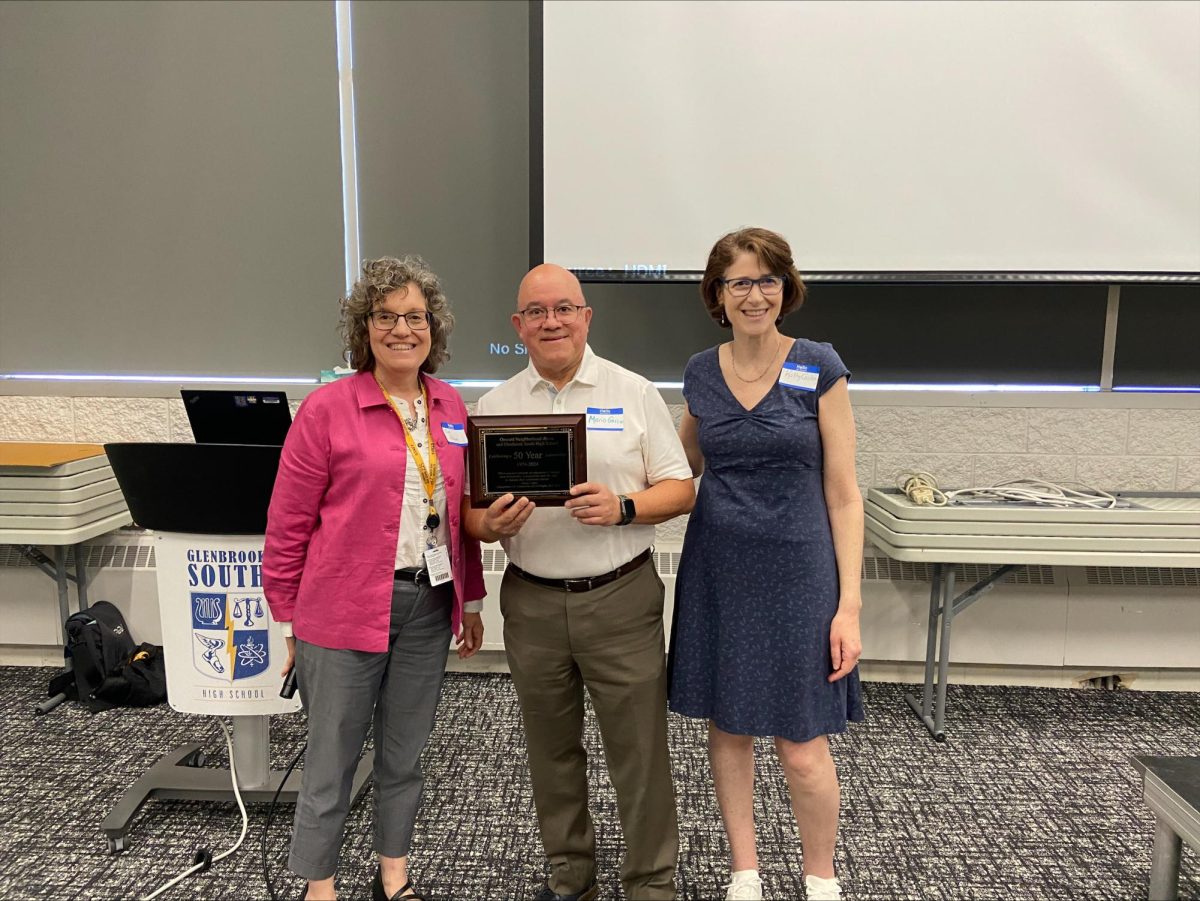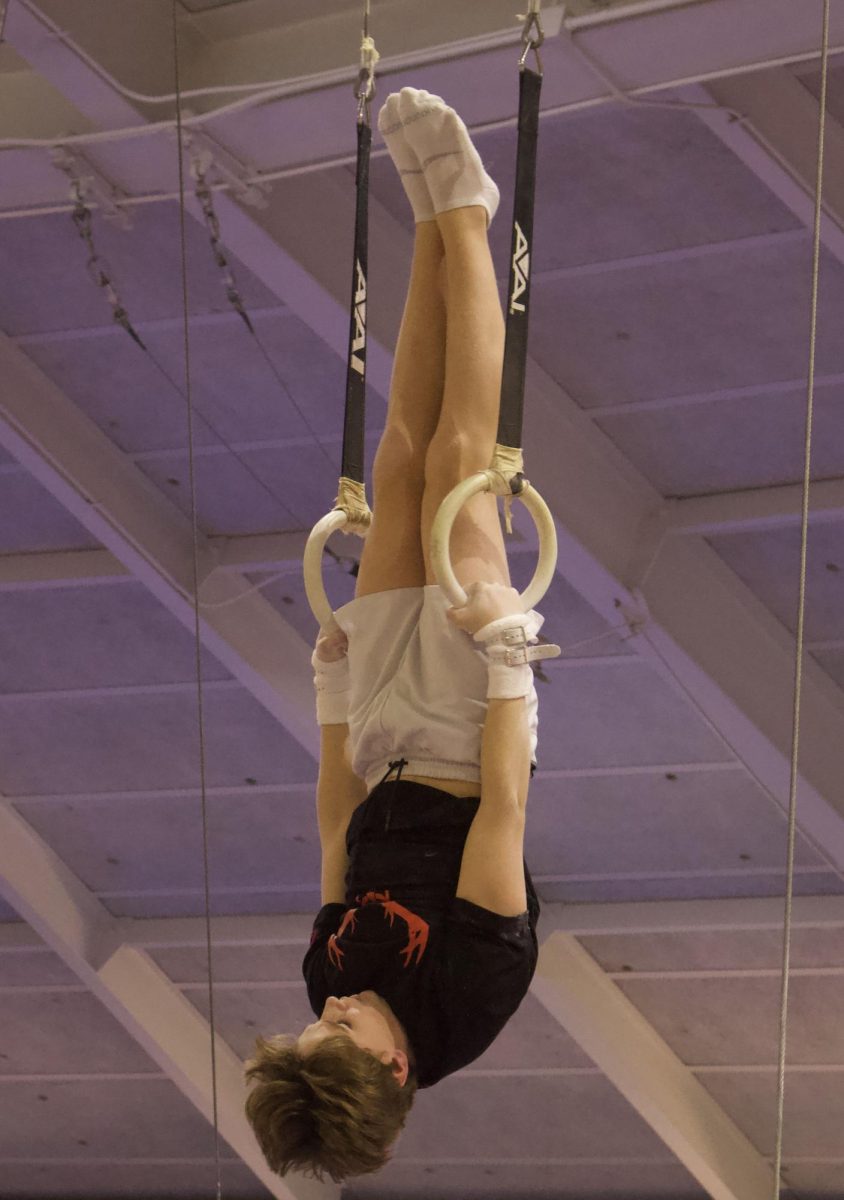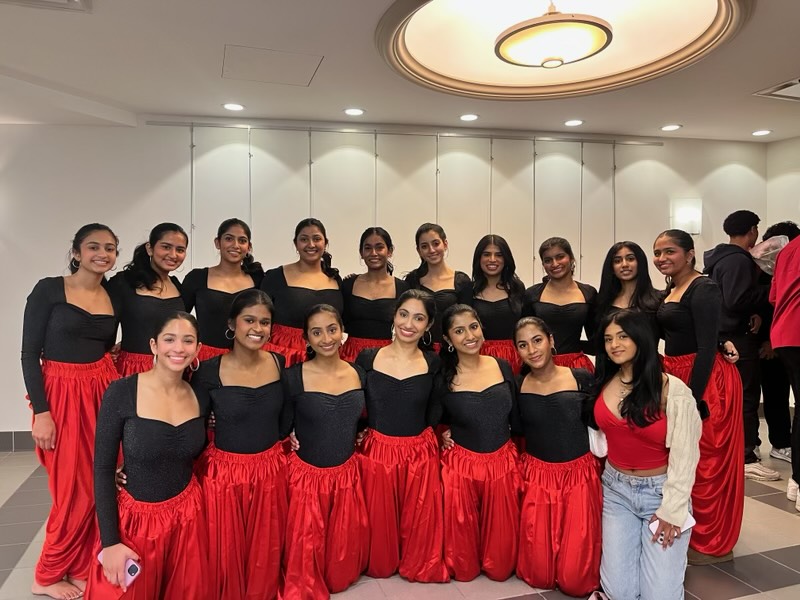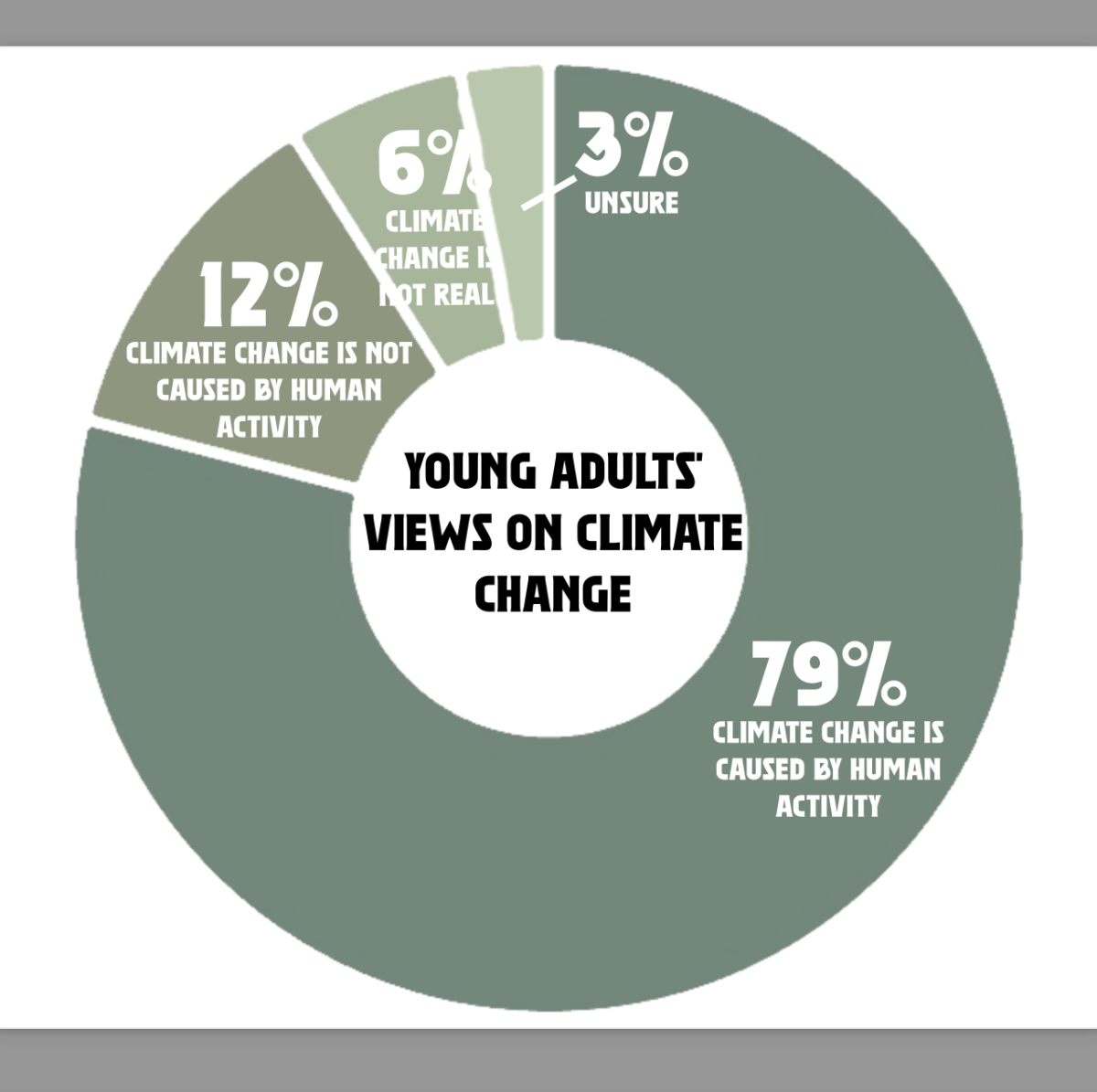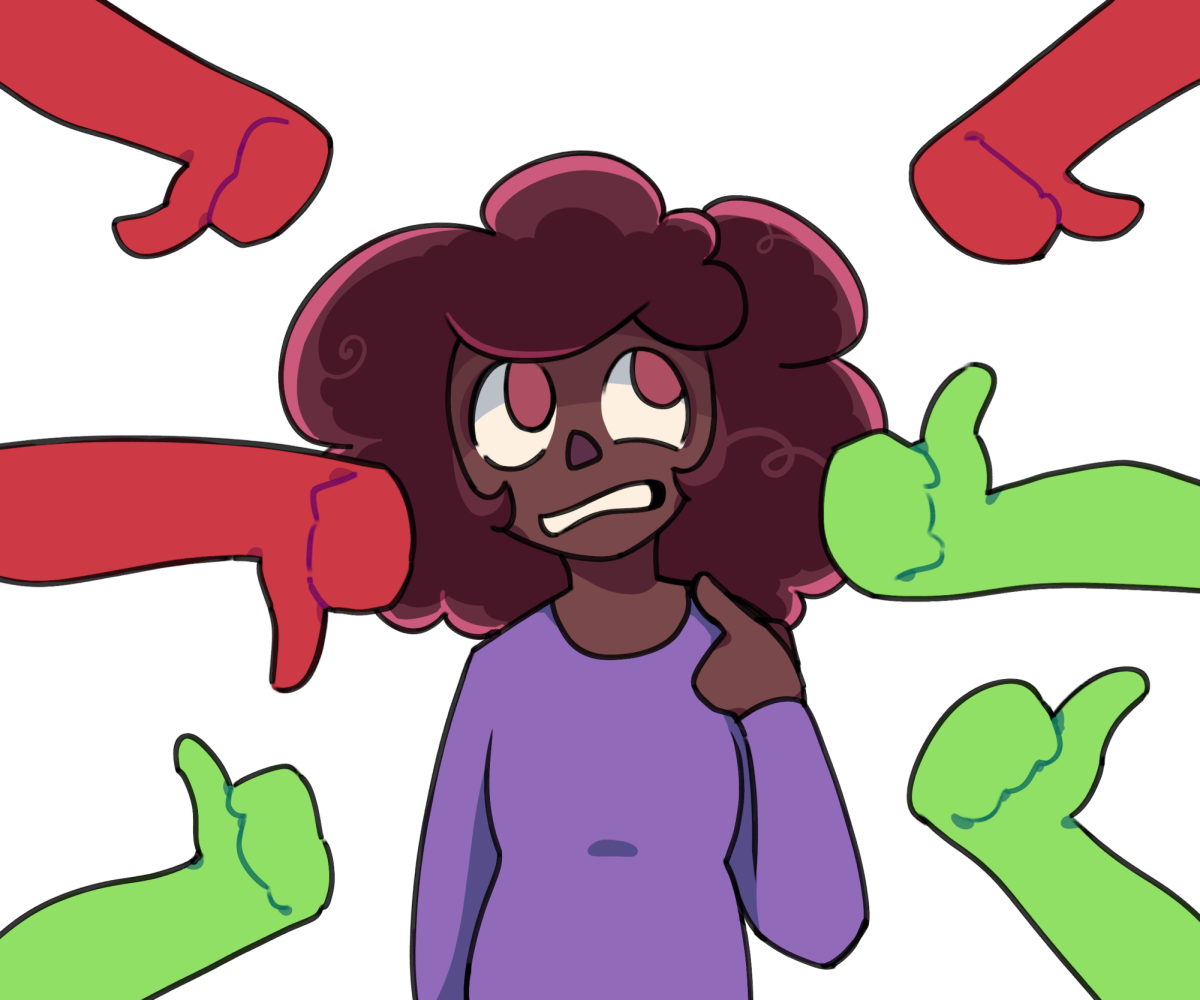After the conclusion of the 12-week district technology pilot, the Board of Education is hearing a case for the implementation of a wider pilot during the 2013-2014 school year, according to David Jakes, South’s technology supervisor.
Jakes said the Board will make a final decision in the next few weeks.
The proposed pilot involves all freshmen and sophomore students receiving ChromeBooks for the duration of the school year, as the recent pilot found that the ChromeBook was a more effective learning tool than the Nexus 7 tablet, Jakes said. The eventual goal, according to Jakes, is that all students in the district will have their own device, creating an atmosphere referred to as “one-to-one,” as each person has the same device in his or her hand.
“What I hope is that we move forward, we start with freshmen and sophomores, get devices into the hands of kids and grow the program over time as we understand more about how those devices impact teaching and learning,” Jakes said.
Jakes said that a team of four district employees has recently presented at two Board meetings regarding the pilot they want to host next year. The team includes Jakes; Ryan Bretag, Jakes’ counterpart at North; Dr. Kim Ptak, district director of operations and purchasing; and Marcus Thimm, district chief technology officer. According to Jakes, a final decision about the pilot will be made definitely before the end of the school year, but the Board of Education has a variety of questions about the team’s proposal.
“They ask questions about why freshmen and sophomores [are included] and not juniors and seniors,” Jakes said. “The sequence of events, the way in which it’s rolled out, is something they are concerned about and how we progress in the future with that.”
According to Jakes, the team decided to implement the pilot for freshmen and sophomores because they are the students most likely to have had prior experience with devices in the classroom.
“Mostly all of our feeder districts are one-to-one, so […] we don’t want to have kids have the devices in middle school and then come here and have nothing and have less of an experience,” Jakes said.
Principal Dr. Brian Wegley said that he is confident the Board will pass the pilot. He stressed the importance of having a one-to-one setting established in school for two reasons.
“One, it levels the playing field, and we will no longer have some of our financially challenged families without the opportunity to utilize the Internet and utilize technology to further their learning,” Wegley said. “Two, […] I think the concept of what we can do inside a classroom, of what we can do educationally, with the tool in everybody’s hands, that is really going to be a positive experience.”
Wegley acknowledged that although the pilot will be extremely beneficial, it will take a lot of preparation in terms of student and staff development and ease with the devices.
“It’s impossible to become ubiquitous users in a one-to-one environment without professional development, so there needs to be a solid transition plan, which is what our administration and our board will be talking about in the next few months,” Wegley said.
According to Jakes, the teachers that were part of the 12-week pilot will have a large impact in training the faculty for wider pilots. Kim Kiraly, consumer science teacher, was one of the participating teachers and said that she saw a major improvement in engagement as a result of her Child Development 261 class utilizing the devices.
“I think it really opened up a chance for students to be able to shine in moments when they were able to figure something out that we were still learning as teachers,” Kiraly said. “It kind of created this sense of a learning community, which was a really strong place for students to feel empowered and to feel like they had a voice and that they could contribute to a class and a program.”
The question is not if the district will go one-to-one but when it will, according to Kiraly. Kiraly said she hopes that the shift is sooner rather than later so that students are adequately prepared for a world becoming more and more dependent on technology.
“When you go to college or go on to whatever training you’re going to get after high school, you need to be given skills to really know how to academically and safely be a digital citizen,” Kiraly said. “I think [that] those are skills that we [need] to make prepared, 21st-century, global citizens out of our students, and we need to be making one-to-one a reality.”





